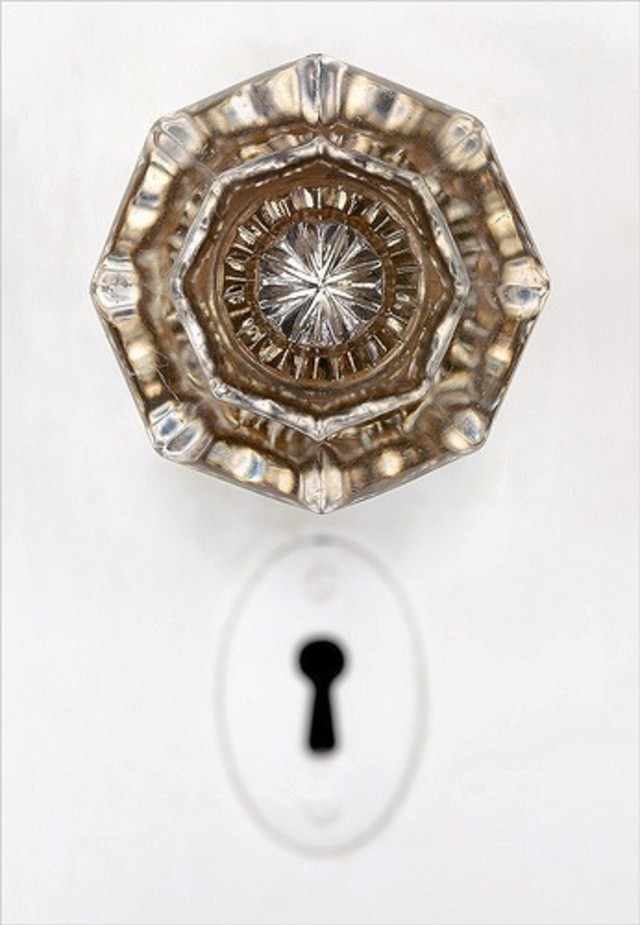Final Week: Master Class with Isaac Layman

Isaac Layman, Basement, 2009.
Editor’s note: For this new four-week series, Culture Fiend’s art writer Adriana Grant has enrolled in a master class with Seattle photographer Isaac Layman at the Frye. This is her story.—LD
Our final class is in session, and it feels a bit like the white walls of the Frye’s classroom are closing in. Eleven students sit behind plastic banquet tables shoved into a U, nervously waiting for their turn to present. After a month of master class with Seattle photographer Isaac Layman—when we worked one-on-one on our artistic discipline of choice, be it photography or (in my case) poetry—it’s time to show our final product. Now he’ll really know if we spent 20 hours a week creating art (our homework).
I stayed up late the night before to finish my eight-poem chapbook, and woke early to make copies for class. No dice: I couldn’t find a copy shop open before 10am on a Saturday. I rushed home to snatch the mockup so I’d have something to show for my month of labor.
With the class seated in a small, tight circle, I read my newest poems aloud for the first time.
“I know nothing of poetry,” Isaac said, “but I like how they all seem very hard core: just that moment forever. It’s that soft thud. And it’s not fluttered; it’s not off balance either. It sits with a concern.”
Yes, that’s how he talks. Isaac offers unabashedly subjective feedback: He’ll discuss the mood a piece evokes, and whether it works for him or not. He does the same thing with his own photography. He speaks candidly of feeling "temporary," and how his photography doesn’t document things; they’re more like self-portraits of decisions he makes. In his latest exhibit at the Frye, he examined paradise in the mundane, spending hours photographing an ice cube tray or a pile of soggy tissues. He looks at our work the same way he views his own—emotionally, and critically. I’m happy that he appreciated the seriousness within the playful language I used.
The group responded warmly to both my work and process. A teacher commiserated with my desire to do something original instead of write about other people’s work. And I’m grateful to this class for kick-starting my writing habit after months of inertia. Eight new poems is by far the most I’ve written in a single month. For me, the bigger accomplishment is taking my work seriously—sitting with it for hours at a time, even when I’m not sure where it’s heading.
“Even if you have no idea,” explained Isaac, “that second and third [step] will unpack the first step.”
As for my next steps? This class gave me permission to take several self-styled poetry retreats, and, perhaps most significantly, has prompted me to apply for an MFA in poetry this fall. After a few short weeks under Isaac’s tutelage, my future is new.




